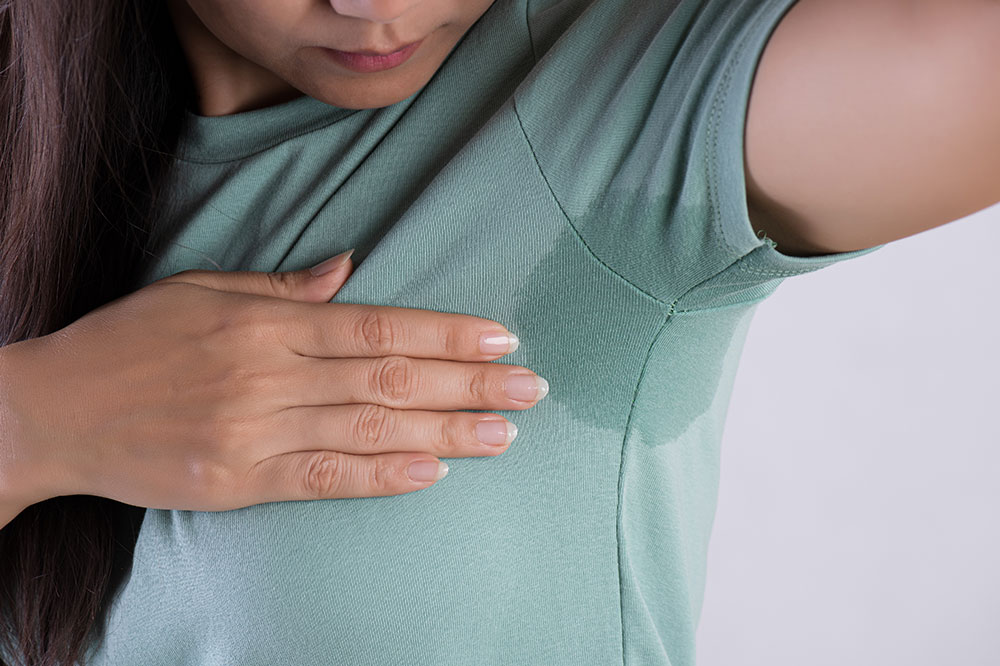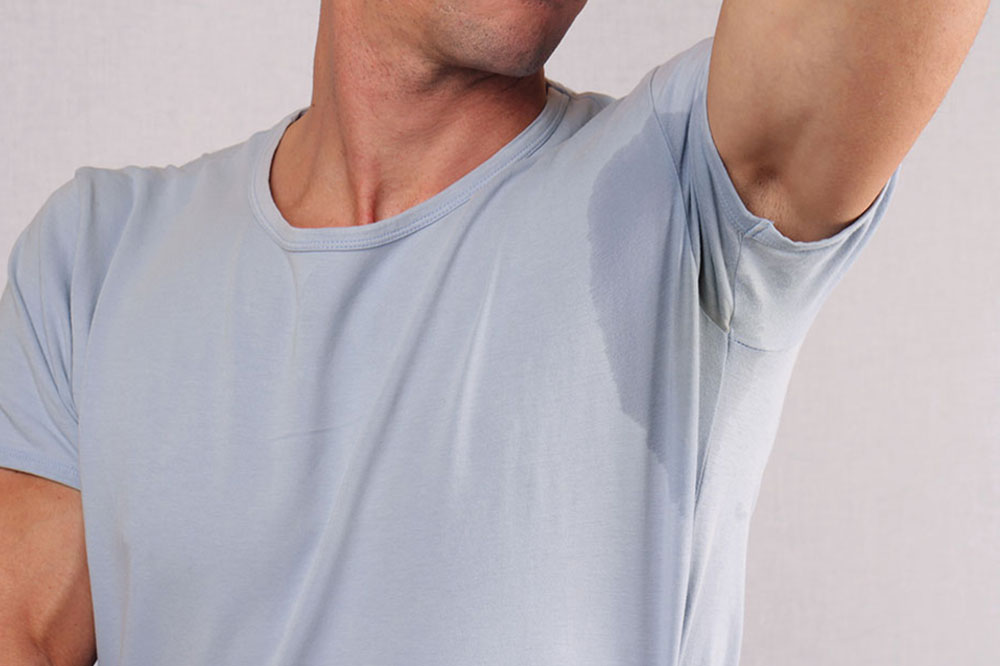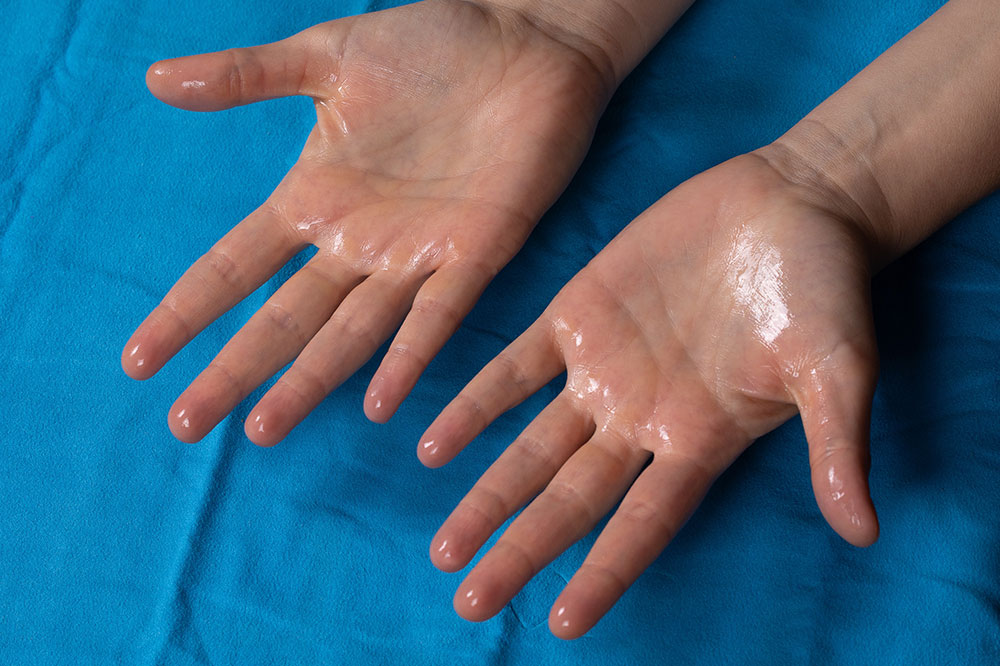Understanding Excessive Sweating: Symptoms and Causes of Hyperhidrosis
Hyperhidrosis causes excessive sweating that can impact daily life and mental well-being. Recognizing its symptoms like persistent sweating, body odor, skin problems, and social anxiety is crucial. Causes include genetic factors, stress, metabolic diseases, and environmental triggers. Proper diagnosis and treatment are essential for managing this condition effectively and improving quality of life.

Understanding Excessive Sweating: Symptoms and Causes of Hyperhidrosis
Hyperhidrosis is a medical condition characterized by abnormal and persistent sweating beyond the body's needs for temperature regulation. This can significantly interfere with daily life and lead to emotional and psychological challenges. Recognizing the symptoms and understanding the underlying causes are essential steps toward effective management and treatment.
Signs and Symptoms
The common indicators of hyperhidrosis include:
Intense sweating
Excessive perspiration that soaks clothing and occurs without typical triggers, disrupting normal routines.
Individuals with hyperhidrosis may spend considerable time changing clothes, wiping sweat, or using pads under their arms.
Body odor
Persistent sweating can lead to body odor as sweat interacts with bacteria on the skin.
Skin issues
Excessive sweating can cause skin infections, wrinkling, skin discoloration, and maceration—especially on soles of the feet due to prolonged moisture.
Skin discomfort and irritation
Symptoms like itching, pain, and skin inflammation often accompany hyperhidrosis.
Social and emotional effects
Noticeable sweating may cause embarrassment, anxiety, and social withdrawal, occasionally resulting in depression.
Underlying Causes
Hyperhidrosis results from overactive sweat glands. Key contributing factors include:
Psychological factors
Anxiety, stress, and nervousness can trigger excessive sweating episodes.
Genetics
Family history increases susceptibility, with many sufferers having relatives affected.
Metabolic conditions
Diseases like diabetes, gout, and pituitary disorders may lead to increased sweating.
Environmental influences
Hot climates, intense physical activity, and alcohol intake can exacerbate symptoms.
Other health issues
Heart conditions, cancers, medications, and respiratory illnesses may also cause hyperhidrosis.
Important Note:
This website offers informational content spanning multiple health topics, intended to educate and inform. Though based on research, it should not replace professional medical advice. Users are encouraged to consult healthcare providers for diagnosis and treatment options. The website disclaims responsibility for discrepancies or inaccuracies and notes that some offers or schemes might not be covered.










